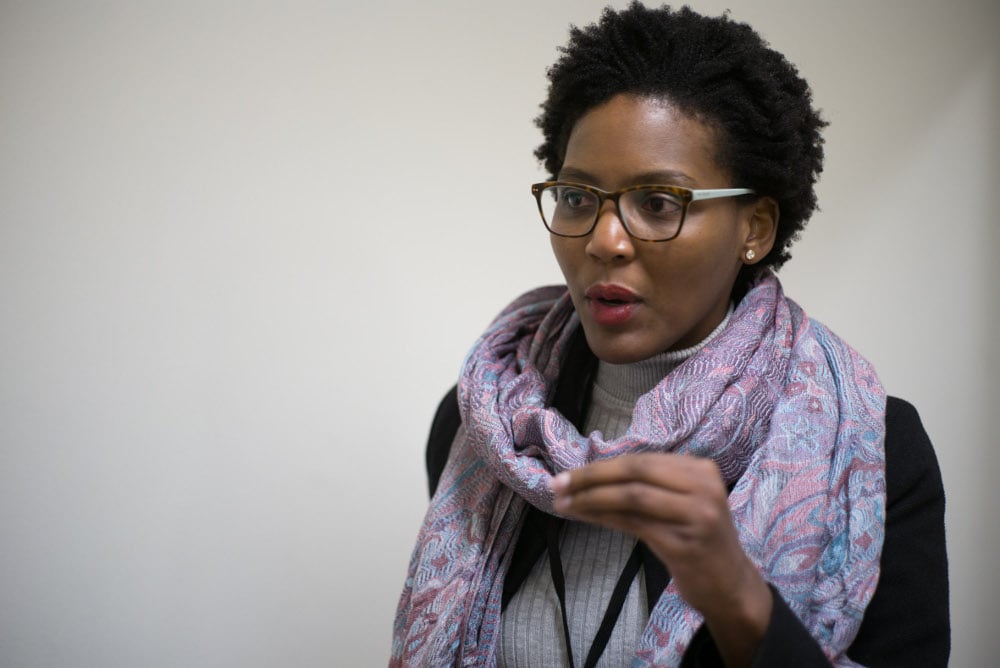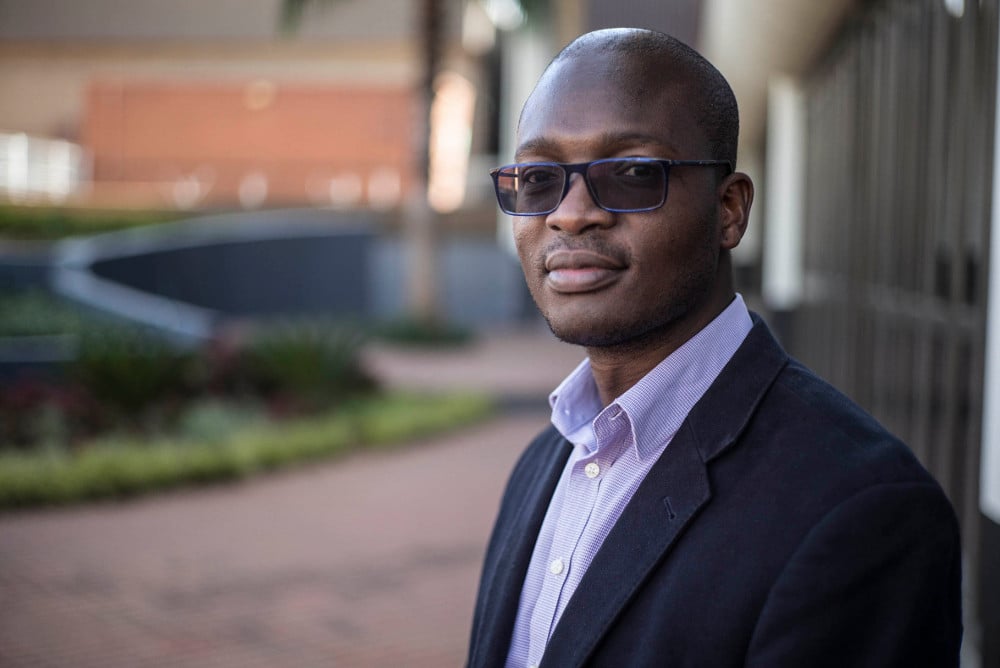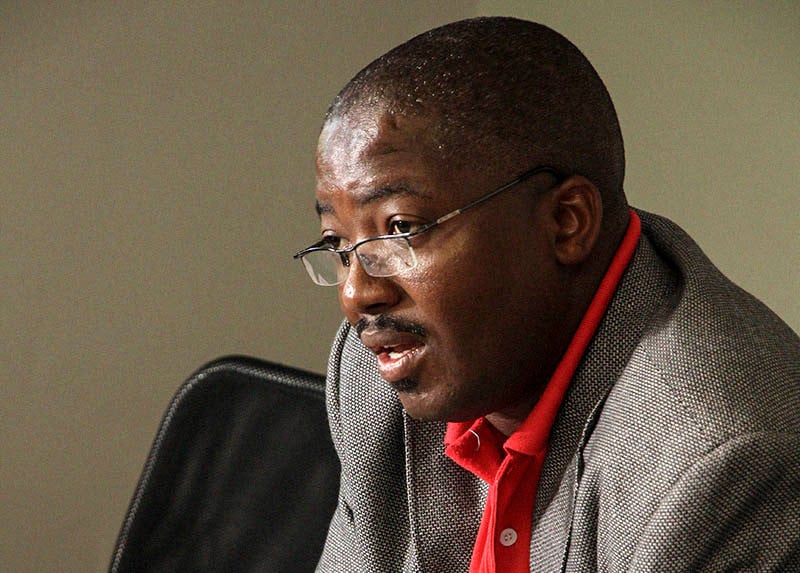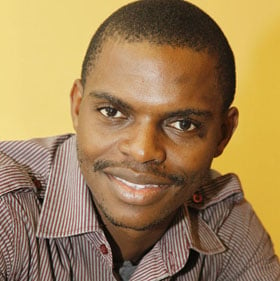President Jacob Zuma.
In his opening address at the fifth ANC national policy conference on Friday, President Jacob Zuma used the opportunity to voice a different understanding of democracy to that of his political foes. If opposition parties can use the courts as a means to limit the governing party, is this the democracy South Africa fought for, he asked. The Mail & Guardian spoke to top political analysts about what Zuma’s words mean for the ANC and the country as a whole.
Susan Booysen

The president was not charmed at all with this idea that opposition parties take the governing party to court. Something he totally left out of his equation was the fact that opposition parties do that, and civil society organisations do that when things in government actually go wrong.
When those rules and principles of constitutional democracy, even multiparty democracy, had not been followed, had not been upheld, and taking things to court when the ANC as the majority party in Parliament had not been holding the executive to account.
It was all of these aspects that the president was objecting to, and that is especially interesting in the context that we have heard Chief Justice Mogoeng Mogoeng recently pronounce very clearly the fact that South Africa’s Constitution states that the people really come before the interests of a party.
He interpreted that in the context of the responsibilities of the members of Parliament, but it certainly has relevance here as well. And here the president, specifically then stated, not in as many words, but there can be no doubt in his intended meaning there, that the ANC is actually the party whose wishes should be respected. That deviates to quite an extent from what the chief justice was arguing.
Sthembile Mbete

The president’s comments, particularly around this issue of opposition parties taking the governing party to court, saying the ANC won the majority and implying really that they can do whatever they want, saying it’s anti-democratic to use the court, in order to challenge the government … those comments are deeply problematic.
They’re problematic on several fronts. The problem is that our system, the system the ANC negotiated for, is about mitigating the worst effects of majoritarian democracy and really trying to avoid the tyranny of the majority, which is a problem and possible risk in a democratic system. A democracy allows for a majority to make their voice heard, but what is important is that we need to be aware of the tyranny of the majority which is why we enter into constitutional systems.
The ANC, unlike the National Party during the constitutional negotiations, was very aware of the need to have the protection of individual rights in a Constitution, which is why our Constitution is based on the protection of individual rights, not the protection of group rights. So the ANC was aware not to use their vast support in the country to become like the National Party government it replaced and fought against.
These are philosophies and positions taken by the ANC itself in constructing our system. So what we have, even though you have a strong governing party, is systems that allow the minority to have their voices heard. Those systems are what you have in Parliament. You also have a strong legal system and the rule of law that is there to protect the rights and interests of individuals and citizens of the country, but is also there to challenge some of the ways the governing party is using power. The irony of this all is some of the greatest users of the court system to settle governance and political problems is the ANC government itself.
Mpumelelo Mkhabela

It’s unfortunate that the president shows a lack of understanding of the constitutional democratic system. He seems to be advocating for the supremacy of Parliament rather than the supremacy of the Constitution.
In terms of the former, the majority is always right. But according to the current constitutional design that puts the Constitution above everything else, the majority or minority can be wrong. That is the most basic guideline that our courts follow. Government loses cases in court because Zuma refuses to accept the supremacy of rationality in the context of a constitutional democracy.
This is strange because by accepting to become president, he accepted the supremacy of the Constitution in terms of which he got elected. He seems to enjoy the trappings of the office but dislikes the constraints attached to it and the checks and balances that include judicial review.
This being the year of OR Tambo, it is strange that he would rubbish Tambo’s constitutional design on judicial review — the idea that courts can strike down legislation or executive conduct that is inconsistent with the Constitution. By inviting delegates to discuss whether judicial review is desirable, he is inviting them to spit on Tambo’s grave.
Mcebisi Ndletyana

Zuma’s comments are consistent with his neopatrimonial character. His private interests take precedence over the public good. That’s why he has fiddled with public institutions to pursue and protect his personal interests. Courts do not volunteer to adjudicate, but are approached by aggrieved parties. And these cases are occasioned by breach of the law and Constitution. As the Economic Freedom Fighters’s Mbuyiseni Ndlozi has remarked, “Zuma is a constitutional delinquent”. Moreover, courts deciding over constitutional questions brought by politicians is a quintessentially democratic act. The Constitution is sovereign, not the executive. It appears that Zuma wishes for a recreation of the apartheid state that was defined by executive sovereignty, where the judiciary was largely subject to executive whims.
To insist on majoritarian hegemony betrays his self-conception as a political activist, not a national leader. A president must attend to the interests of everyone, not just his supporters. That’s how one builds a nation. Zuma is simply a party apparatchik who simply uses the party for self-interest to the point of betraying the nationalist cause by surrendering executive authority to expatriates.
Lukhona Mnguni

President Zuma definitely does understand constitutional democracy, but he rejects its mechanisms, that’s what’s going on.
What they’re talking about, and the [ANC] secretary general raises this in his organisational diagnostic report as “lawfare”, is people are using the courts to fight their political battles. What is interesting about that is they don’t tell us why it is that the courts are intervening. At some point, they must try to be honest and say why has it become necessary for the courts to tell our government to do the right thing? Clearly, we have a capacity issue, but on political issues, we have to ask the question, why do the courts intervene? Because the political structures have broken down, and they’ve broken down because the ANC has failed to separate the party from the state.
If you look at the example of the National Assembly, where the Speaker has to be taken to the courts to do the right thing, whether it’s on the Public Protector report or the interpretation of rules of the House, insofar as she said she doesn’t have the discretion to allow for a secret ballot. That was clearly stated in the rules and any legal officer could have been in a position to interpret for her, that she actually has the powers and discretion to do that.
The element of checks and balances that have to exist between the legislature and the executive are no longer functioning properly which then forces opposition parties, as a place of last resort, to go to the courts. The courts don’t go around looking for cases to be brought before them. They wait for people to bring matters to the court.
What the ANC must ask is why is it that the opposition is taking matters to the courts? What the ANC must ask is why is it that they have become so morally bankrupt? In a way, they also talk about creeping political bankruptcy within their own structures. This sense of moral bankruptcy, political bankruptcy, ideological and consciousness bankruptcy that is finding the ANC, is probably spelling an ANC that is ailing, an ANC that is on its knees. And if it doesn’t do anything to come back, the opposition won’t use the courts to fight battles. It will actually use the electoral process to fight. That is why 2019 is suddenly a big talking point and whether it’s up for grabs by the opposition or not.